Want to cut costs from your weekly shopping? These tips offer easy ways to combat rising food costs in the U.S.
Food More Expensive Than Ever
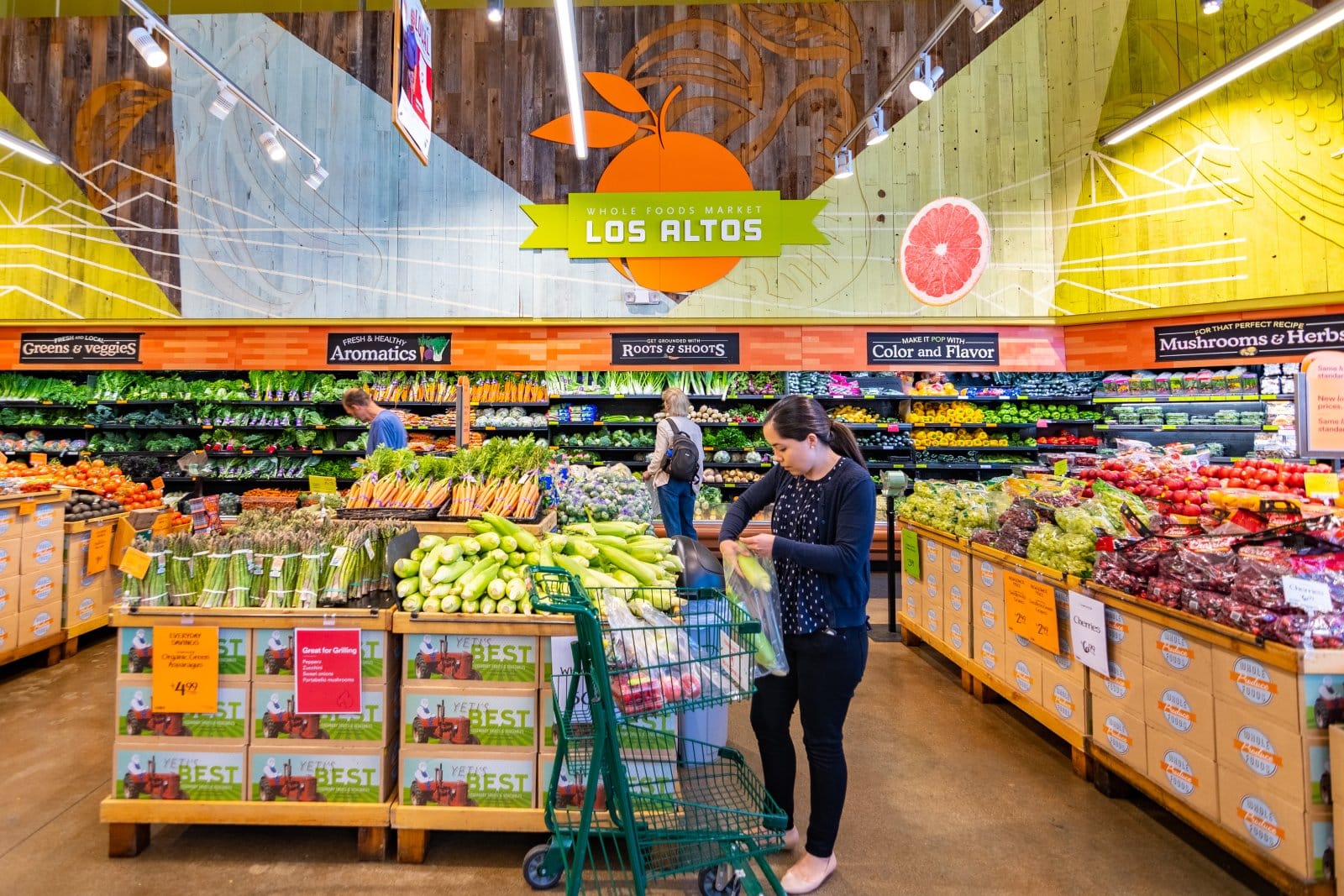
As the cost of living rises globally, many Americans are feeling the squeeze everywhere – including their weekly shopping bill.
According to Forbes.com, U.S. food prices have risen so quickly that they outpaced inflation in 2023.
Top Tips for Your Kitchen

If, like many others, you are looking for ways to reduce your weekly and monthly food bills, these are some of the best tips to implement into your shopping and cooking routines.
#1. Make Staples at Home

Many of the household staple ingredients you use throughout the week can be made from scratch, and doing this is often cheaper and healthier.
Practise Makes Perfect

With a bit of practice, you’ll find it quite easy to make many staple food items, including baking bread, rolling pasta, and cooking up broths, stocks, and sauces.
If you get the hang of it, you can even move on to making more difficult recipes like cheese and yoghurt.
#2. Cook in Bulk

Gone are the days of cooking single-batch meals! If you’re serious about reducing your food budget, then making bigger batches is one of the easiest ways to make that happen.
Freeze Your Portions!
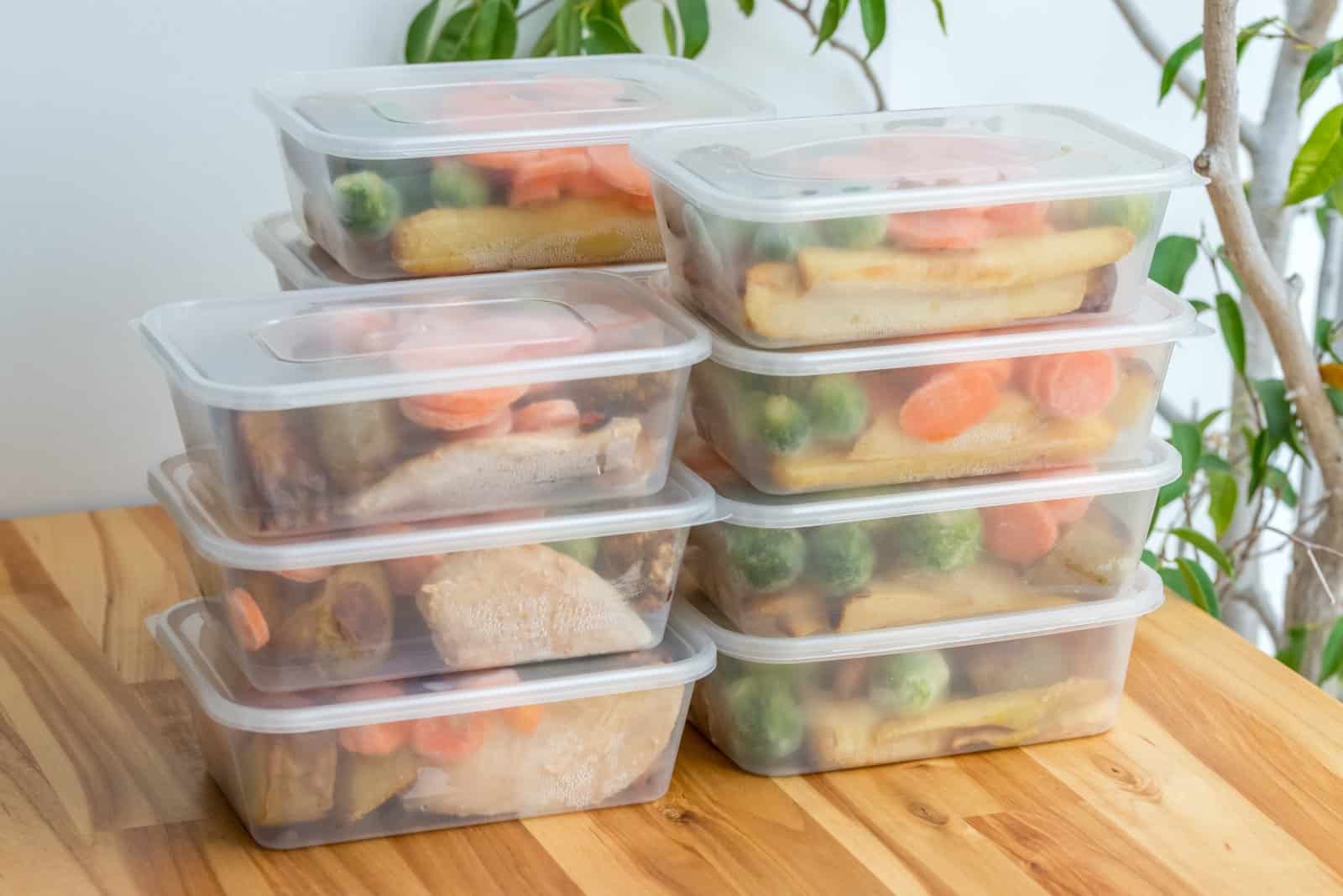
Adjust your cooking habits by making enough food for at least 3 or 4 meals (for yourself and your family) every time you cook.
And if you don’t want meals to be too repetitive, just throw those extra batches in the freezer to eat the following week.
#3. Buy in Bulk

Cooking isn’t the only thing to do in bulk – you should be buying in bulk, too. B
uy pantry staples like dried pasta, coffee, cereal, rice, and other grains in larger portions and/or multi-packs.
Spend Less in the Long Term

Buying in bulk for most items may seem expensive when you check your shopping receipts, but over time, you’ll be spending less overall.
Bulk cleaning supplies and beauty products will also be cheaper – just make sure to use them before their expiry date!
#4. Start a Vegetable Garden

Planting your own herbs and vegetables means you’re getting food for free, except for a few start-up costs like potting mix, fertilizer, pot plants, planters, etc.
You can even cut these costs by getting seeds from planter friends and creating your own composting bins, as well as building DIY planters.
Small Scale or Large

While many people understandably don’t have the space for gardening, there are still options for apartment and condo-style living.
If you have a balcony, vertical planters with a shelving system for potted plants will be useful, and window planters are an easy way to plant ready-to-eat herbs for your kitchen year-round.
#5. Use Coupons
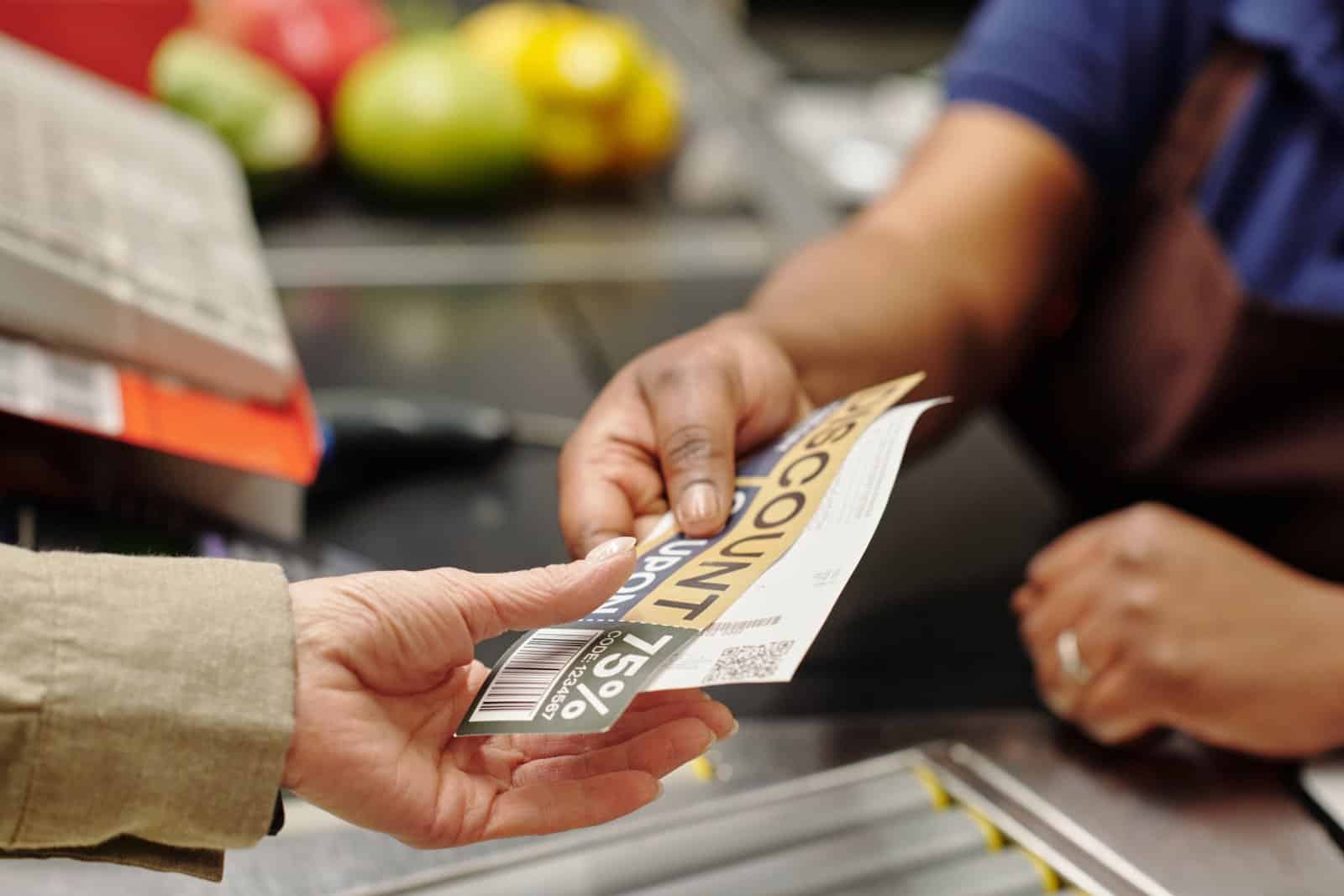
Coupons are far from a thing of the past – while you may not be clipping them all from newspapers anymore, they are still an excellent way to save on your grocery bills.
You can find them via manufacturer newsletters, in grocery stores, and online.
Online Grocery Apps

Another highly effective place to find lots of discount coupons for your favorite products is via online grocery apps.
These apps help you to generate coupons for different grocery stores and manufacturers, and all the cashiers need to do is scan the barcode on your app! SnipSnap, Flipp, and Coupons.com are all good options, among many others.
#6. Start Meal Planning

Meal planning isn’t just for yo-yo dieters and gym bunnies! It’s also an excellent way to tighten your food budget.
Look through the ingredients that you already have, and plan exactly which meals you’re going to make throughout the week.
Less Waste, Better Shopping Lists

Meal planning means you’ll reduce waste, and since you already know everything you need, you can write a detailed shopping list, which will reduce the chances of you spending more money on the tempting spontaneous treats you don’t need.
#7. Shop Around

The price of food products at different supermarket chains and even smaller stores can vary widely.
If you live in a metropolitan area, checking out different stores can give you a good idea of where the best deals are.
Peruse Farmers Markets
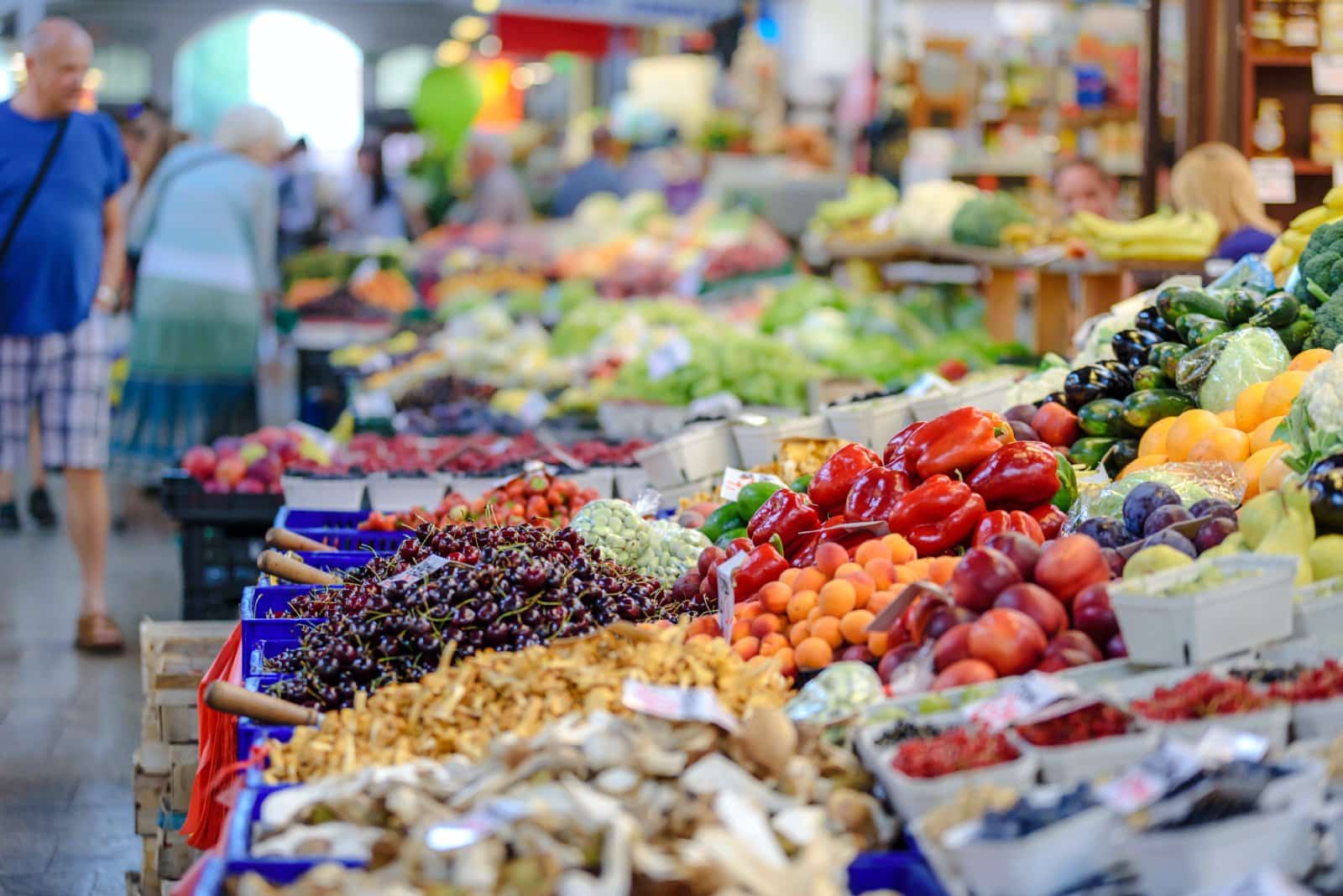
Don’t forget that farmers markets are excellent places to shop for produce, particularly fruit, vegetables, and fish.
They often sell cheaper and higher-quality seasonal produce than the average supermarket.
#8. Join Loyalty Programs

If you shop regularly at one or more supermarkets and grocery stores, joining their loyalty programs is a must.
Not only do they give automatic customer discounts and membership deals, but they may even offer fuel rewards and other benefits.
Best Programs for Americans
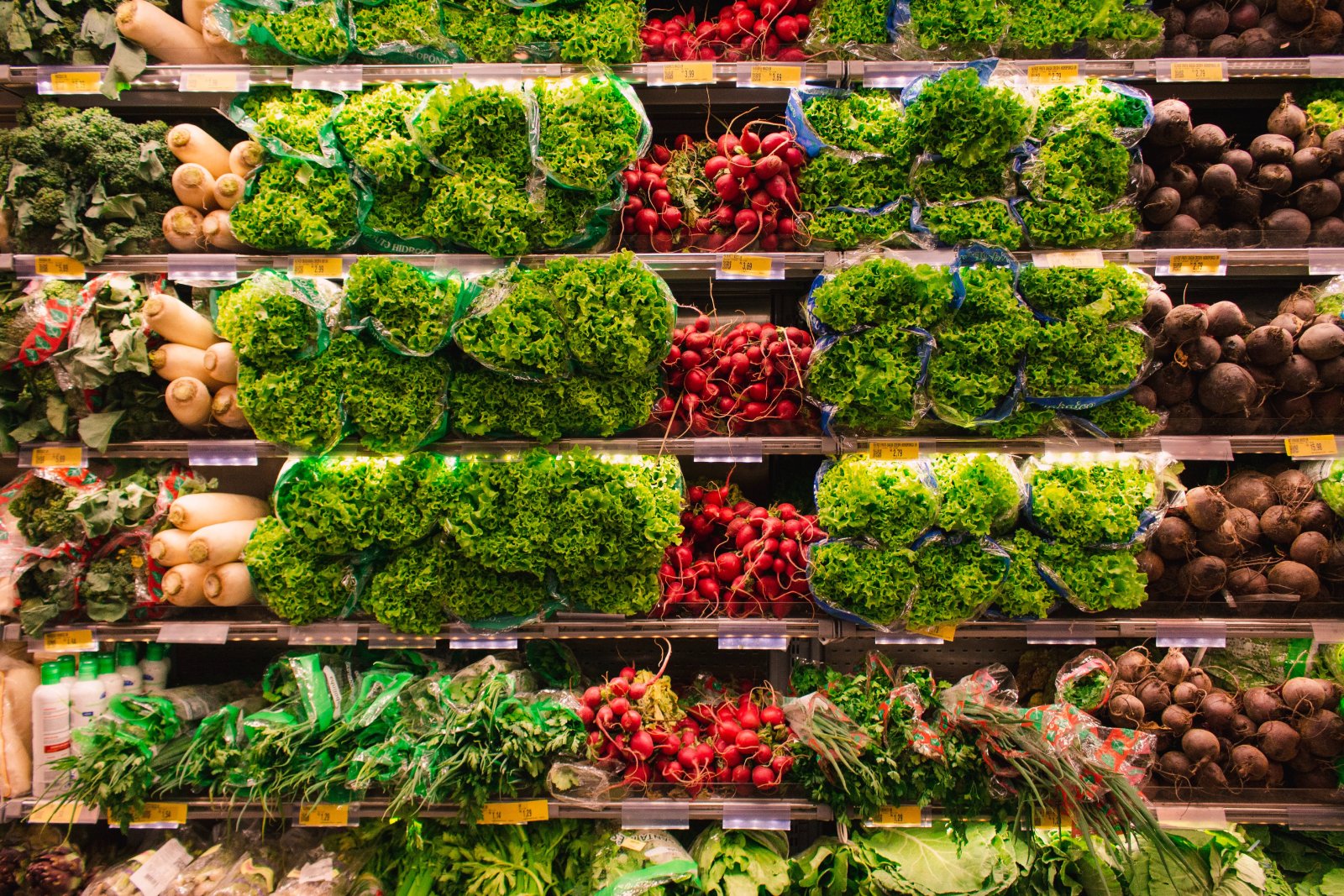
Publix, Krogers, Randalls, Albertsons, and Food Lion offer some of the best grocery loyalty programs in the U.S.
#10. Shop Online and Pick Up

Most major supermarket chains will offer online shopping with curbside pickup.
All you need to do is place an order for everything you need through the supermarket’s online shopping portal and pick it up from the store – often without an extra fee or the need to go inside the building!
Keeps Your Shopping Sensible

If you’re wondering how a curbside pickup will save you money in the long run, it’s because you won’t have the opportunity to snag extra treats or impulse buys – you’ll only be getting what you need (and what fits into your budget!).
The post Ten Tips to Cut Your Grocery Bill and Beat Soaring Food Prices first appeared on Career Step Up.
Featured Image Credit: Pexels / Alliance Images.
The content of this article is for informational purposes only and does not constitute or replace professional financial advice.

